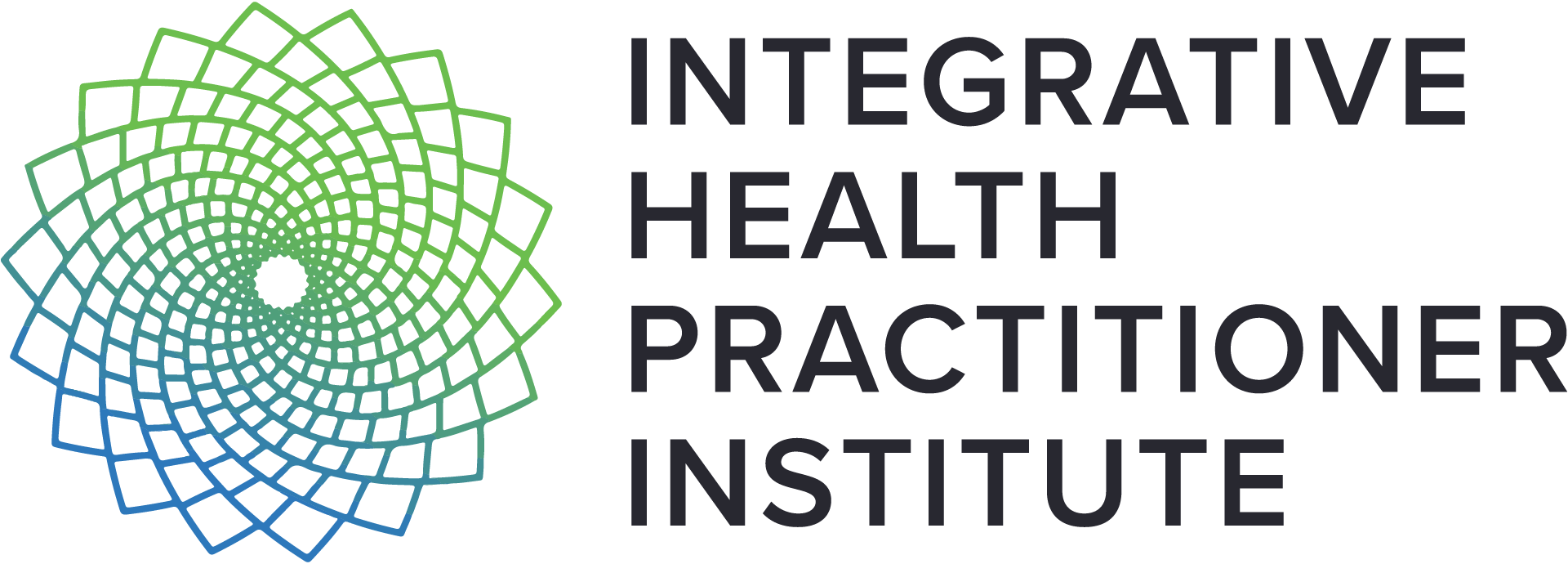“The secret of change is to focus all of your energy not on fighting the old, but on building the new.” – Socrates
Embarking on the journey of habit change navigates the fascinating realm of psychology, where understanding the intricacies of our behaviors becomes key to transformative shifts. Have you ever wondered why breaking old habits or forming new ones can be a challenging endeavor? How does mindset shape behavior, and what strategies navigate habit change complexities effectively? As we explore the psychology of habit transformation, we confront questions that unlock the secrets to sustainable change. Facing challenges occurs when we struggle with the habit of sticking to familiar routines and deal with the strong impact of our subconscious thoughts. Let’s explore the psychological dynamics behind habit change, unraveling mysteries to pave the way for intentional and lasting transformations.

Mastering Habits: The Science Behind Neural Pathways and Habitual Behaviors
Habit formation relies on specific brain regions working together to learn and execute routines. These neural processes are intricately woven within the brain’s complex architecture. The basal ganglia, a group of nuclei located deep within the brain, emerges as a central player in the neural circuitry of habit formation. Moreover, this cluster of structures, comprising the striatum, globus pallidus, and substantia nigra, collaborates in the processing of motor and reward-related information.
Neuroscientific research highlights the crucial role of the basal ganglia in habit formation through a process called “chunking.” Repeated behaviors reinforce neural pathways in the basal ganglia, streamlining them for the automatic execution of familiar routines. This streamlined process enables the brain to execute these routines automatically. The striatum, especially its dorsal part, is involved in the initial learning phase. This is when actions shift from being goal-directed to becoming habitual responses. Dopamine, a neurotransmitter linked to reward processing, enhances these neural circuits, strengthening the connection between specific cues and habitual actions. This reinforcement solidifies the association within the brain’s neural pathways.
Furthermore, the prefrontal cortex, responsible for decision-making and executive functions, plays a role in regulating and inhibiting habitual behaviors. This contribution enhances the brain’s ability to manage and control automatic responses. The basal ganglia and the prefrontal cortex work together in a delicate balance. The basal ganglia drive habit formation, while the prefrontal cortex continuously monitors and adjusts behaviors based on changing circumstances. Studying habit formation in neuroscience helps us understand how different parts of the brain work together. It provides insights into how goal-directed behaviors transform into automatic habits.
Understanding Habitual Behavior and Habit Change
Initiating the journey of habit change can pose challenges deeply rooted in the intricate workings of the human psyche. The brain’s preference for familiar routines, shaped by repeated behaviors and neural pathways, can hinder change. Overcoming this requires addressing the challenge posed by entrenched habits. The basal ganglia, a deep brain region responsible for forming habits, strongly contributes to resistance to change. Once established, habits become default pathways, making routine actions effortless and efficient.
Moreover, habits often serve as coping mechanisms, offering a sense of stability and predictability in the face of life’s uncertainties. Attempting to alter these ingrained behaviors can evoke discomfort and resistance, as it challenges the brain’s inclination to preserve the status quo. Additionally, habits are tied to emotional and environmental cues. As a result, triggers are created that may lead individuals back to familiar patterns despite conscious efforts for change. The challenge of overcoming these deeply ingrained habits is rooted in the complex interaction of neural connections, emotional associations, and the brain’s innate resistance to uncharted territory. Thus, understanding these psychological nuances is crucial for individuals seeking to navigate the complexities of habit change and cultivate lasting transformation.
The Path to Lasting Habit Change: The IHP Mastery Transformation
Encouraging positive change is at the core of effective health coaching, yet health coaches often face challenges in getting their clients to follow through. What obstacles are health coaches encountering in ensuring client adherence to recommended changes? Are there specific areas where clients struggle the most, and what strategies can health coaches employ to overcome these hurdles? Navigating these questions is crucial in refining health coaching approaches and fostering successful and sustainable transformations for clients. In fact, the journey toward lasting wellness requires not only expertise but also a keen understanding of the dynamics involved in inspiring and supporting clients through behavioral changes.
The Integrative Health Practitioner Institute’s Mastery program goes beyond traditional health coaching; it serves as a comprehensive life coach certification. Built on integrative health principles, this program empowers practitioners with the knowledge and skills to guide clients to lasting wellness.
Unlocking Growth: Journeying Through the Mastery Program
Venturing through the Mastery program at the Integrative Health Practitioner Institute promises students and graduates a truly transformational experience. Besides refining skills for permanent behavior change, participants anticipate personal growth in this transformative journey. Furthermore, the program incorporates live interactive workshops, offering a dynamic space for hands-on learning. These workshops foster a community of practitioners dedicated to elevating their craft. Engaging with the curriculum, students gain profound insights into integrative health practices. Simultaneously, they undergo a metamorphosis in their own approach to well-being. The Mastery program isn’t just about empowering others; it’s about self-discovery and continuous evolution, creating a ripple effect that extends far beyond the realm of health coaching.
In concluding this exploration into the psychology of habit change and the transformative journey offered by the Integrative Health Practitioner Institute’s Mastery program, a special invitation is extended to certified Integrative Health Practitioners. If you are passionate about transcending traditional health approaches, facilitating permanent behavior change, and embarking on a personal and professional evolution, the Mastery program is for you. Dive deeper into cultivating a strong coach-client relationship and acquiring the skills to guide clients toward lasting wellness. Experience a profound transformation in your approach to well-being. To discover more about the Mastery program and how it can elevate health coaching practice, visit the website or reach out to the admissions team. The journey to becoming an industry-leading IHP Mastery health coach starts here.










